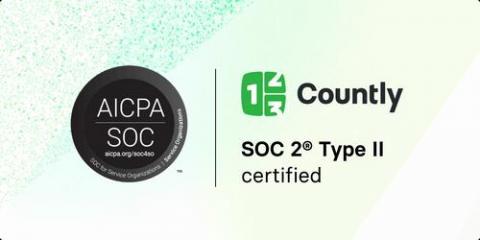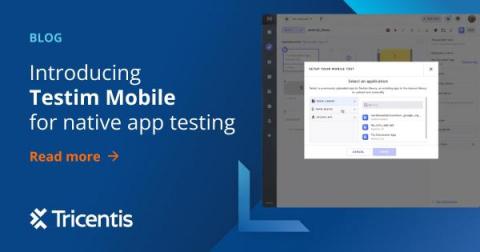How APISecOps Protects Against API Abuse
In this post, we’ll talk about what APISecOps is, including the fundamentals of it and the personas involved. Then, we’ll discuss how API, microservice, and policy lifecycles integrate to produce a secure service in production, and why collaboration and API-Design First are essential for APISecOps success.











